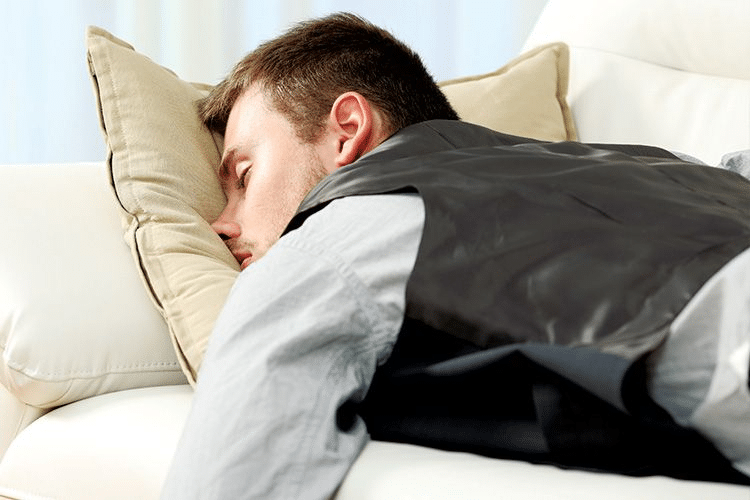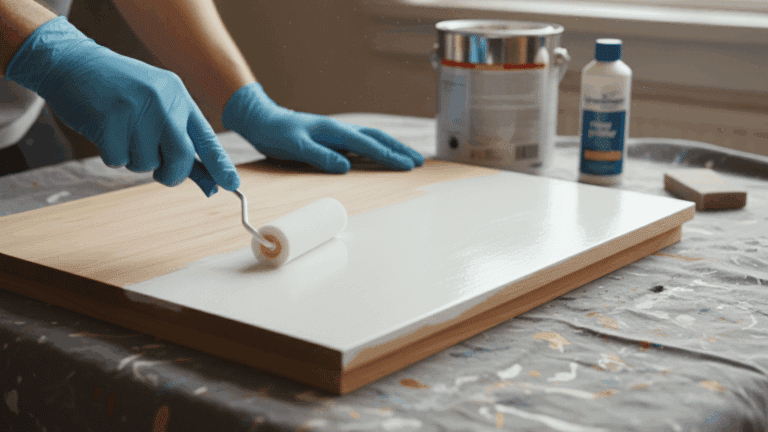You wake up tired. You drag through the afternoon. And by evening, you’re completely wiped. Sound familiar? If you’re living in or around Virginia Beach, this story might hit close to home. You’re not alone.
Many men feel constantly drained, but they often brush it off as a result of work stress, family responsibilities, or just “getting older.” But here’s the thing—fatigue like this isn’t always about your to-do list. Sometimes, there’s something deeper going on.
In this article, you’ll get to understand what might really be behind that low energy. You’ll read about common causes, a major hormone that plays a bigger role than most people think, and what you can do about it.
Read on!
Usual Suspects: The Common Culprits Behind Fatigue
Let’s start with the basics. There are some common causes that make a man prone to tiredness. These include:
- Poor Sleep Habits
- Too Much Caffeine, Not Enough Water
- Stress and Mental Burnout
- Poor Diet or Skipped Meals
So yes, these are common reasons. But what if you’re checking all the right boxes—and still feel worn out? Well, if this is the case, you may be suffering from low testosterone.
The Hormonal Link Most Men Overlook
Let’s talk about testosterone. Most people connect it to sex drive, but that’s just one piece of the puzzle. This hormone does a lot more.
Testosterone supports your energy levels, mood, muscle strength, sleep, and even mental clarity. When it dips below normal, things start to shift—slowly and subtly. You may not notice right away, but over time:
Low testosterone often hides behind other excuses. People blame age, stress, or a busy life. But if you’re noticing consistent drops in energy, this hormone might be worth a closer look.
How Testosterone Replacement Therapy Can Help

This is where Testosterone Replacement Therapy (TRT) steps in.
It’s not about turning you into a superhero or boosting your levels beyond what’s natural. It’s about restoring balance—getting your body back to where it feels steady, sharp, and energized again.
Treatment options vary. Some men use gels, others take patches or implants. One of the most effective options includes testosterone injections Virginia Beach clinics now offer. These injections deliver steady, doctor-monitored results that many men respond well to.
With TRT, most patients report:
- Better sleep
- More consistent energy throughout the day
- Increased mental clarity
- Improved strength and endurance
- More stable mood and motivation
It all starts with a simple blood test. And if your levels are low, your provider will work with you to find a safe, personalized plan.
When to Talk to a Doctor
So when should you get your levels checked? If you’ve felt tired for weeks, and no amount of sleep, coffee, or gym time helps—that’s your sign.
Other red flags:
- Low sex drive
- Trouble concentrating
- Unexplained weight gain
- Poor recovery after workouts
- Mood swings or irritability
Don’t wait for things to get worse. A proper evaluation includes a discussion about symptoms, a physical exam, and bloodwork to check your hormone levels.
And don’t feel awkward. This is more common than people think. Many men in their 30s, 40s, and beyond find out they’ve been running on low for years.
Small Lifestyle Fixes That Still Matter
Even if you explore TRT, everyday habits still play a big role.
1. Stick to a Sleep Routine
Try going to bed and waking up at the same time every day—even on weekends. This helps reset your internal clock. Over time, your body gets used to winding down and waking up naturally. Better sleep isn’t just about quantity; it’s about rhythm.
2. Eat with Purpose
Choose real, whole foods that fuel your body. Prioritize lean proteins, healthy fats like avocado or olive oil, and colorful veggies. Avoid sugary snacks and heavy carbs, especially late in the day—they mess with your energy and sleep. Eat to feel good, not just full.
3. Move Often, Rest Well
Strength training a few times a week helps boost energy and mood. Mix in walking, stretching, or light cardio to stay active without overdoing it. Rest days matter too—they give your body time to rebuild and recharge.
4. Manage Stress
Stress builds up quietly. Try deep breathing, journaling, or just stepping away from screens for a while. You don’t have to meditate for an hour—just give yourself moments of calm.
These habits won’t fix everything overnight, but they make any health plan work better.
Final Words
Fatigue shouldn’t be a permanent state. If you feel like you’re always low on fuel, don’t just accept it as “part of getting older.”
With the right help—from lifestyle support to medical care like testosterone injections, you can feel strong again. The fix might be simpler than you think. All it takes is a little curiosity and the decision to stop settling for tired.
















